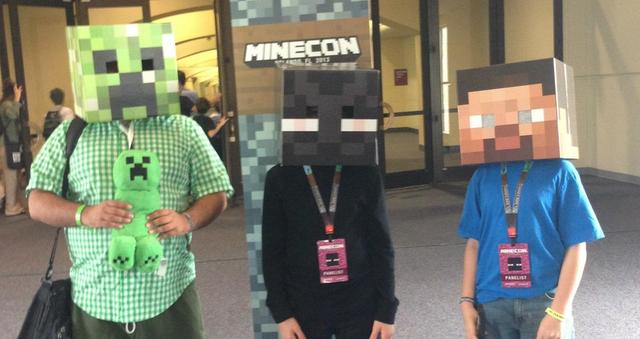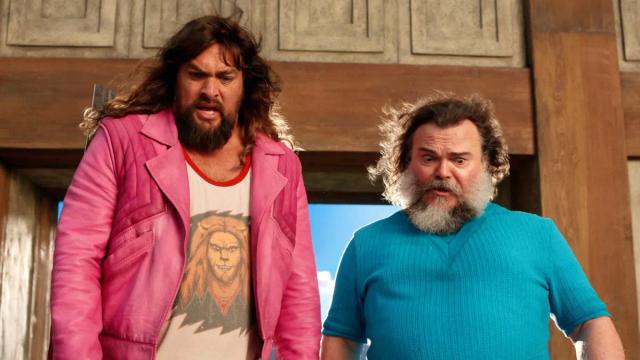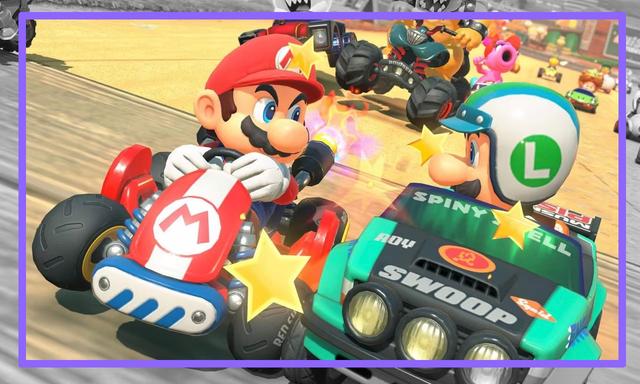If you click on a link and make a purchase we may receive a small commission. Read our editorial policy.
Are Mission: Impossible and Fast and Furious the same movie series? No... really!
Tom Cruise's M:I and Vin Diesel's F&F have a lot in common - especially when you look at everything else out there

A beloved blockbuster movie franchise — one of the few to hold its own against an onslaught of superhero projects — that’s known for its improbable practical stunts and an extended cast of characters built across a series of movies that stretches back more than a decade, beginning its final chapter with the first movie in an extended, multi-film climax.
I’m talking, of course, about the Fast and Furious franch — no, wait; I mean the Mission: Impossible franchise. That’s the one I mean. Which one is the franchise that stalled out after its first three movies, and then got stealth-rebooted with the fourth, finally finding the formula that would carry it forward for the next decade or so…? Okay, wait, that doesn’t help either.
I said once, as a joke to someone, that Mission: Impossible and Fast and Furious were the same series based on the superficial similarities mentioned above — but the more I think about it, the more I think there’s something to that idea. They’re obviously not the same, just as Superman and Captain America aren’t the same, or even Adam West’s Batman and Christian Bale’s; nonetheless, I think the fact that those two series share such similarities, and are arguably two of the three big franchise successes that don’t feature superheroes or science fiction in contemporary live-action cinema — the third being John Wick — says something about what audiences are looking for from their action movies today.
At first, I wondered if Mission: Impossible and Fast and Furious (and John Wick, for that matter) acted as an antidote, or an opposition to the visual overload of Marvel Studios’ output, or whatever is happening on Pandora or in a galaxy far, far away. After all, these are movies that, in theory at least, feature grounded, regular human beings doing things that are based on, more often than not, practical effects and things that are, at least again in theory, achievable in the world in which we live; does that make them an argument against the CGI glory of sci-fi and superhero movie dominance?
It’s not the case, though, is it? After all, part of the appeal of M:I and F&F as franchises is the stunts — those amazing, eye-catching stunts that are as spectacular as anything in Avengers: Endgame or Star Wars, if not more so, because there’s a genuine sense of 'Did Tom Cruise really just ride a bike off a cliff?' that our brains just don’t generate for Iron Man, Thor, or whoever. (Gone are the days of 'You’ll believe a man can fly', sadly.) We know, objectively, that there’s no way that there’s such a thing as a giant magnet truck, but there remains a visceral reaction to this that Avatar could never match:
Perhaps both Mission: Impossible and Fast and Furious do something else, then. Maybe they’re underscoring the audiences need for movies to deliver something on a visual scale beyond anything they can discover on the small screen, or even in their own imaginations. It’s possible that, instead of being a realistic response to the dominant genre movie aesthetic, they’re simply a different flavor of the same thing for people who’d rather see cars and motorbikes and guns than repulsor rays, spandex costumes and helicarriers. There are lessons to be learned here for current filmmakers, I suspect — at least for any who want to capture the eyes and hearts of an eager-to-be-amazed nation.
Of course, quite where the visually-distinctive-but-not-as-over-the-top John Wick franchise fits into this theory is an open question. Is John Wick the entry point for this entire spectrum, leading onto Fast and Furious and Mission: Impossible, and then the superhero and sci-fi movies? Potentially. Really, there’s only one way to know for sure: after the “official” ends to each of these franchises, someone has to create a movie that mashes them all together, just to see how ridiculous and brilliant it is, once and for all.
If nothing else, it’ll look outrageous. And, really, that’s the point.
If you’re wondering what the end of Fast X meant, we have answers.
Follow Popverse for upcoming event coverage and news
Find out how we conduct our review by reading our review policy
Let Popverse be your tour guide through the wilderness of pop culture
Sign in and let us help you find your new favorite thing.
















Comments
Want to join the discussion? Please activate your account first.
Visit Reedpop ID if you need to resend the confirmation email.